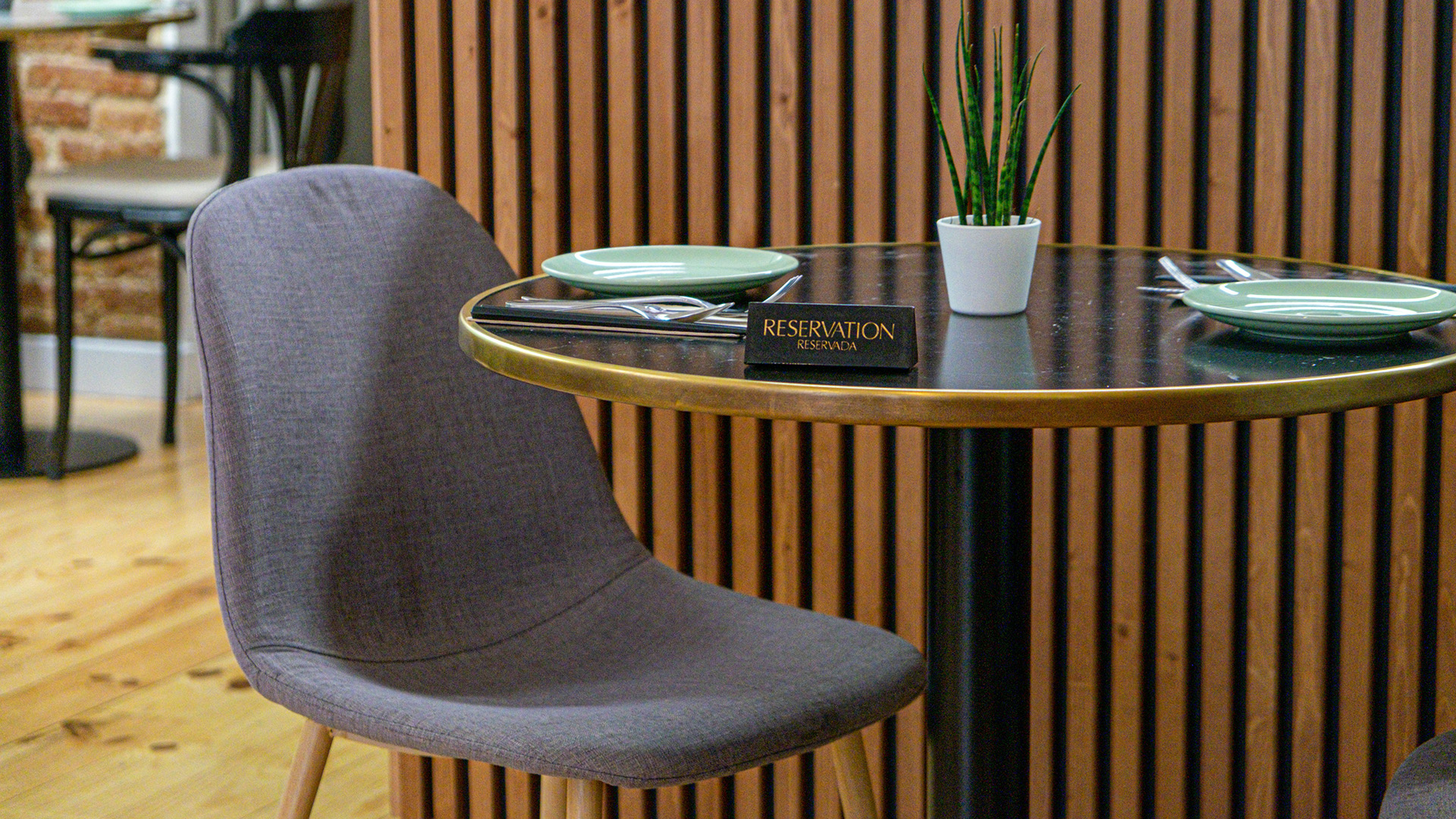Is restaurant scalping to blame? “No-shows” are costing hospitality businesses a lot of money. Tables get booked up, food supplies are ordered, and staff are added to the rota. And then tables go empty. How technology can help to mitigate some of the risks.
The issue of “no-shows” is being discussed with increasing urgency within hospitality businesses. In part, there’s a need to educate customers on the impact not showing up for reservations has. Some people change their mind about a reservation, and just don’t think to cancel. But there’s another issue causing no-shows too: restaurant scalping.
Restaurant scalping, also known as reservation scalping, is when individuals or groups make reservations at popular restaurants – often with the help of bots – and then resell those reservations at a higher price. It leads to tables in restaurants getting booked up quickly, and an increase in no-shows and last-minute cancellations – putting a dent in profits. It also means hospitality businesses lose touch with their genuine customers. All the while, these genuine customers become frustrated with not being able to secure reservations, or they have to pay inflated prices to secure those reservations.
Restaurant scalping is becoming increasingly prevalent, especially for highly sought-after restaurants, and it can be detrimental to both restaurants and consumers. Some restaurants are seeing a situation where all their reservations get booked by people using third party platforms and bots. But not all these reservations are actually sold on, meaning restaurants end up with large proportions of no-shows – often as high as 25% of all bookings. This leads to wasted food, overstaffing, and lost revenue.
F&B is a lifeline to many hotels, driving necessary revenue. Yet many hotels are struggling to grow the revenue they generate from F&B, with no-shows throwing more complexity into the mix. So what can hotels do to protect themselves from no-shows? This is where the property management system (PMS) and integrated point of sale system (POS) can help.

Integrated booking system
A key way that a PMS can help prevent the risks of bot-driven bookings is to have an integrated restaurant management function. First off, this enables guests to make restaurant reservations at the time of booking. Giving future and current guests a direct link to make restaurant bookings has multiple benefits. Not only does this mean hotel guests can secure reservations in F&B outlets, it also gives hotels confidence that the bookings are genuine, booking up tables before the bots do. Guests have an email trail with all their reservations, and reminders can be sent through the system about these reservations. This makes it more likely that they will cancel if they no longer want the reservation.
Integrated with products such as SIHOT.POS, F&B outlets can always get live guest information directly from the PMS too. And it’s possible to use trusted third party restaurant booking systems, such as Tablex, that integrate with your PMS. These trusted systems have their own policies and protocols in place to prevent no-shows and restaurant scalping.
Fair booking processes
A fully integrated PMS with restaurant reservation capabilities also helps hospitality businesses to implement fair booking processes, cancelling out some of the risks that come from no-shows. This includes functionalities such as taking payment details at the time of booking, and preventing multiple bookings to be made with the same credit card details – which is common in restaurant scalping.
Implementing rules-based policies is also a possibility, such as charging a fee for cancellations with less than 24 hours’ notice, or for no-shows. F&B outlets can use this technology to manage waitlists for guests who haven’t managed to secure a table, which brings a better guarantee of revenue generation.

Communication and loyalty programmes
Restaurant scalping damages hospitality businesses because it creates a disconnect between the business and its customers. Dealing directly with guests and customers as much as possible is a key way hotels can drive genuine bookings. Making the most of pre and post stay emails for hotel guests, though PMS modules such as SIHOT.PRE- & POST-STAY, means you can entice guests to make restaurant bookings directly before their stay, or to return for a meal another time.
The ethos of nurturing long-term relationships with guests can be elevated through hotel loyalty programmes. Using modules such as SIHOT.LOYALTY, genuine guests can be rewarded with F&B perks, sent out via targeted sales and marketing campaigns. By having direct relationships with hotel guests and restaurant bookers, you can drive genuine direct F&B bookings as a result.
Find out how SIHOT.PMS can help you protect your F&B operations from no-shows and restaurant scalping.